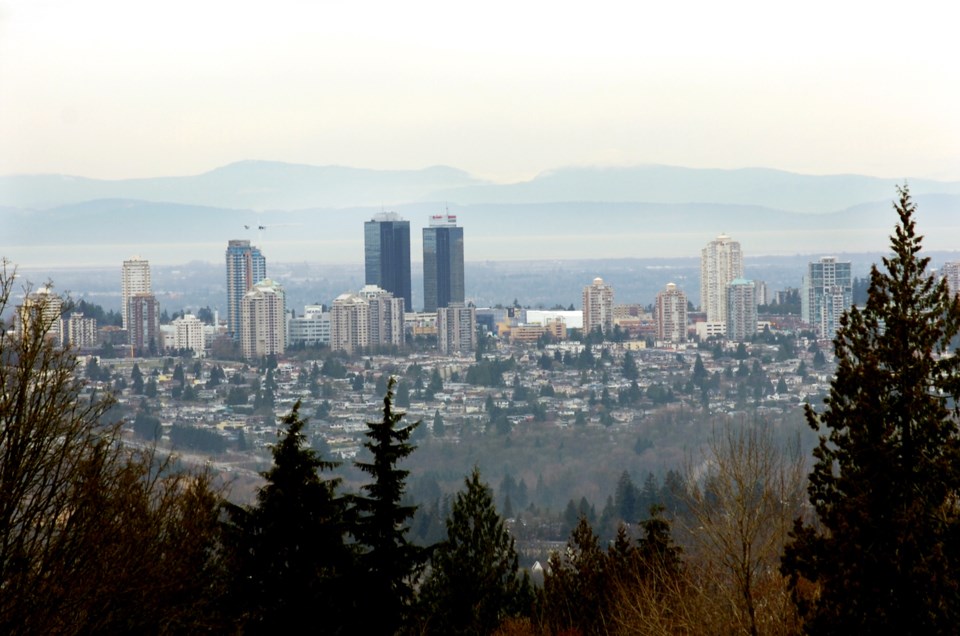The latest amendment to Burnaby’s tenant assistance policy is “almost insulting” to renters, says a local housing advocate.
At its Monday meeting, city council voted to change the policy and require landlords to pay the equivalent of an extra month’s rent to tenants who have lived in their units for at least a decade. Those tenants are now eligible to receive a minimum of four months’ rent.
Under the city’s tenant assistance policy, which was adopted in 2015 to support people facing relocation as a result of multi-family development, tenants, regardless of their years of residency, are entitled to three months’ rent.
The policy exceeds requirements in B.C.’s Residential Tenancy Act, which demands tenants be given one month compensation.
But Zoe Luba with the Alliance Against Displacement and Stop Demovictions Burnaby said the extra four weeks of free rent for long-term tenants isn’t good enough.
“An extra month, if you’ve lived in a neighbourhood for 10, 15, 20 years, and if you’re looking at your rent literally doubling or having to move to a completely different area of the province, an extra month’s rent is a drop in the bucket, and the bucket is very, very deep,” she said. “Even a year of rent to compensate isn’t enough. It’s really not because, if you’re given the compensation money, and there’s no vacancy, what do you do with that?”
Luba has been a longtime opponent of Burnaby’s newly adopted Metrotown Downtown Plan, a mass rezoning of the neighbourhood that will see more low-rise walk-ups replaced with luxury condos.
She reiterated that residents who live in the neighbourhood simply can’t afford to move into the new highrises.
“Regardless of whether you know the zoning policy or not, or you’ve been informed about this Metrotown plan, you still see the changes of your neighbourhood every day, which has a huge psychological and emotional toll on people, to look out and see a massive hole in the ground,” she said. “That’s really taxing. People are feeling really worried, very confused and unsure about what’s going on. A lot of fear of, ‘Where will I go?’ All those sentiments are stronger more than ever.”
During Monday’s meeting, Coun. Colleen Jordan said the extra month of compensation for long-term renters is similar to what other municipalities are doing, like Vancouver.
“We’re trying to ... give extra to the people that we have an opportunity to intervene on, right, because this is all connected to a rezoning. Other demolitions or things, we have no way of intruding into that,” she told the NOW Tuesday morning. “There’s always going to be, when you’re a renter, reasons for the landlord deciding to use your property otherwise, and to say that your tenancy has ended. That’s one of the things of being a renter.”
What’s Burnaby’s tenant assistance policy look like?
All rezoning applications involving the demolition of six or more rental units need to submit a tenant assistance plan. To date, five tenant assistance plans have been implemented and an another six are currently under review.
The plan must include:
*a written commitment to exceed the minimum requirements of the Residential Tenancy Act;
*documentation of the affected units, including number, size, rental rates and existing vacancy rates;
*a plan to guide communication between the applicant and the tenants;
*a minimum of three months’ notice and three months’ rent compensation for each affected tenant;
*an offer to interested tenants to secure any available rental housing unit in the new development, or in an off-site rental housing unit managed by the same applicant;
*an offer to interested tenants to purchase an available housing unit in the new development; and
*information on other accommodation options for tenants to relocate in the same area and/or other areas.



